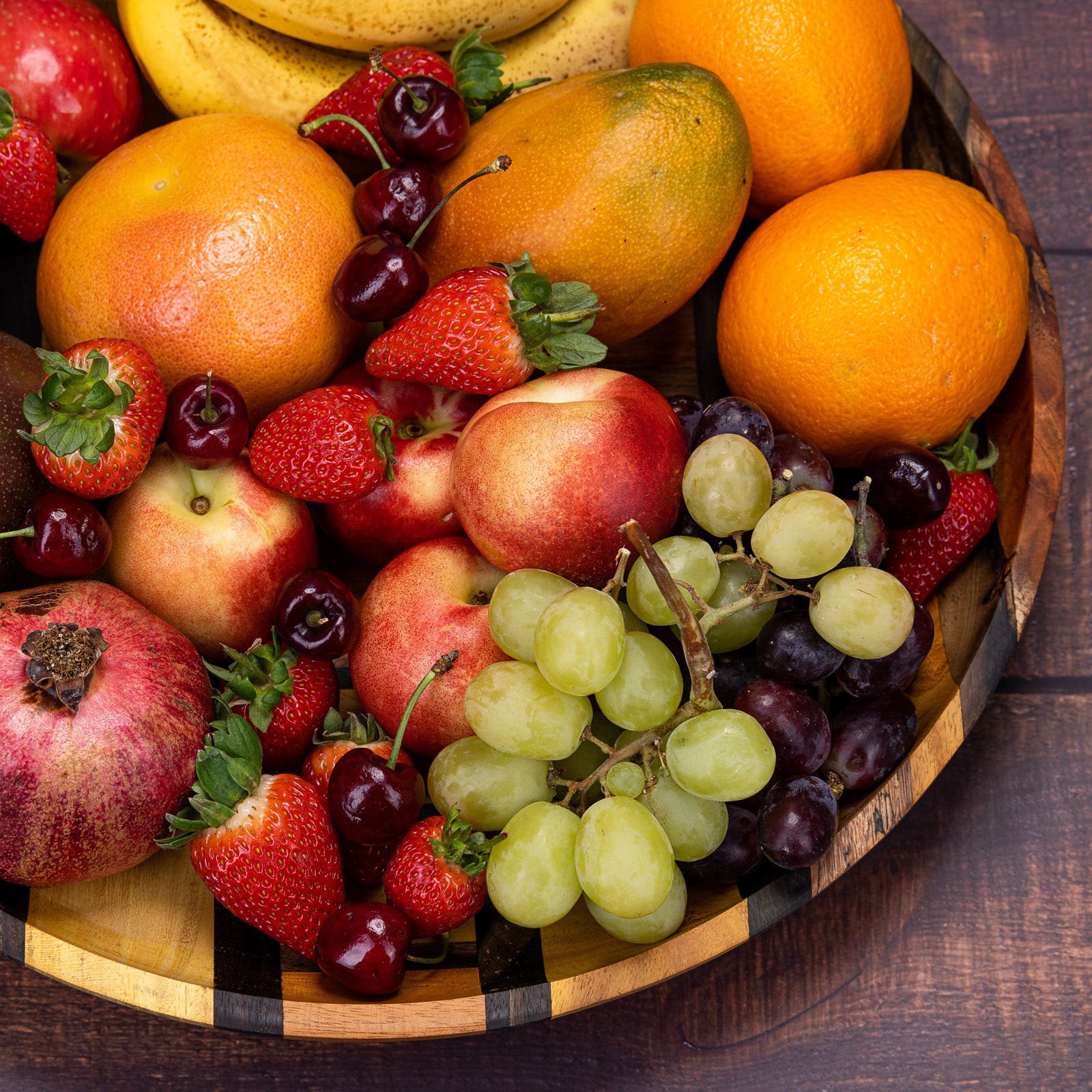
Welcome to the ninth instalment of our Sustainable Lifestyle Tips series! Today, we're embarking on an ethical journey, guiding you through sustainable grocery shopping practices that not only nourish your body but also contribute to the health of our planet. Join us as we explore mindful selections, eco-friendly packaging, and conscious consumption, transforming your grocery routine into a force for positive change. Your kitchen is not just a place for meals; it's a testament to your commitment to a sustainable and mindful lifestyle.
Top Tips for Ethical Grocery Shopping:
- Don’t buy plastic bags at checkout. Instead, take your own bags for groceries.
- Shop Seasonally: Choose fruits and vegetables that are in season, as they are often locally grown and have a lower carbon footprint than out-of-season produce.
- Refill Stations: Seek out stores with refill stations for cleaning products, soaps, and other household essentials to reduce single-use plastic bottle waste.
- Avoid buying plastic-wrapped products, opt for a paper bag or loose fruits and veg instead.
- Bulk Shopping: Purchase pantry staples like grains, nuts, and spices from bulk bins using reusable containers or cloth bags to reduce packaging waste.
- Farmers' Markets: Support local farmers by shopping at farmers' markets, where you can find fresh, locally grown produce and other sustainable goods.
- Stop buying bottled water.
- Take your own paper bags or a container when buying fresh bread from a bakery.
- Bring your own containers to the deli.
- If you drink beer, take a growler to your local brewery.
- Lesser-Known Cuts of Meat: Explore lesser-known cuts of meat that are often more sustainable and use parts of the animal that would otherwise go to waste.
- Plant-Based Alternatives: Incorporate more plant-based foods into your diet as they generally have a lower environmental impact than animal products.
- Compostable Packaging: Look for products with compostable or biodegradable packaging options when available.
- Reusable Produce Bags: Carry reusable mesh or cloth bags to store fruits and vegetables instead of using disposable plastic bags.
- Meal Planning: Plan your meals for the week to avoid overbuying and wasting food.
- Preserving Leftovers: Minimise food waste by properly storing and preserving leftovers for future meals.
- Choose Eco-Friendly Brands: Support brands with sustainable and ethical practices, such as using organic ingredients, fair trade certifications, and eco-friendly packaging.
- DIY Snacks: Make your own snacks, like granola bars or energy bites, to reduce single-use packaging and control ingredients.
By incorporating these ethical grocery shopping practices into your routine, you can nourish your body while also nurturing the planet. Together, let's make mindful choices that create a positive impact on our health and the environment.
#SustainableShopping #EcoFriendlyGroceries #GreenConsumption
Keep your eyes peeled on our Instagram and Facebook for…
Chapter 10: Eco-Friendly Office Oasis: Creating Sustainable Workspaces
Step into a greener workplace with our tenth blog post, where we explore eco-friendly office decor and practices. Discover how to transform your workspace into a sustainable sanctuary, from mindful design choices to energy-saving practices. Join us as we reimagine the office environment with a green twist, nurturing both productivity and the planet.

Comments (0)
Retour vers Ultimate Guide to Sustainable Living